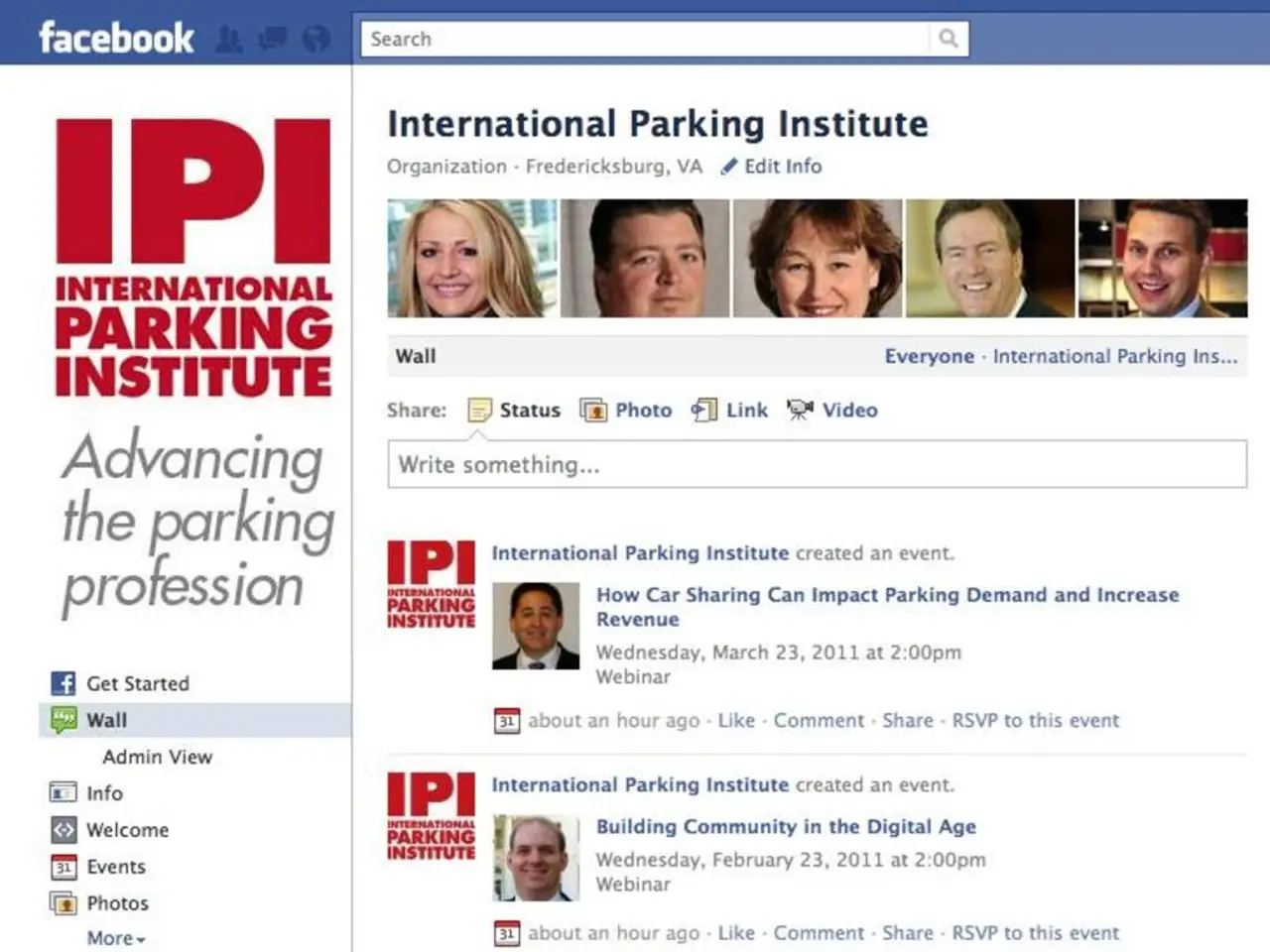Corporate America's Expensive Overlook of Patriarchy - Insights from an Industry Expert
In her groundbreaking book, *Erased: What American Patriarchy Has Hidden from Us*, Dr. Anna Malaika Tubbs sheds light on the systemic erasure of women and gender-expansive people's experiences and contributions, a phenomenon that extends to corporate culture and innovation revenue.
Tubbs argues that American patriarchy, a system that emerged from the founding fathers' post-Revolutionary War anxiety about maintaining control, has profoundly impacted various societal sectors, including business. By marginalizing or undervaluing the input of women and gender-expansive individuals, patriarchal structures limit diversity of thought and opportunity, potentially hindering corporate innovation and financial gains.
Tubbs contends that neutrality in corporate settings can be a form of complicity, and unchecked bias around the boardroom table can be a significant threat to innovation. She also claims that relationship-building skills, often labelled as "soft," are essential for successful leadership.
The McKinsey & Company report corroborates Tubbs' assertions, stating that diverse leadership teams produce over 19% higher innovation revenue compared to non-diverse teams. However, despite companies investing over $8 billion into diversity training, the numbers haven't shown significant improvement.
Tubbs' vision for business is cultures that are aware of the non-neutrality of American systems, actively pursuing diverse voices and perspectives as competitive and valuable, not just a diversity metric. Her approach goes beyond simple recognition, pushing for executives to actively address patterns of exclusion.
Tubbs frames patriarchy as a self-sabotaging institution in corporate settings, perpetuating cycles that limit potential for growth, scaling, and adaptation. She proposes a nation where power is vested in everyone, not just women over men.
Executives, according to Tubbs, should examine their past major product failures and consider if a more diverse leadership team would have identified blind spots. Companies that get this right, she argues, will tap into market opportunities that competitors miss.
Global averages for women in senior leadership roles range from 28% to 34% every year, indicating a significant underrepresentation. Tubbs' framework suggests that addressing this imbalance could lead to economic growth and innovation.
In conclusion, Dr. Tubbs' *Erased* offers a compelling argument about how American patriarchy's erasure of marginalized groups' contributions negatively affects institutions, including corporate culture, implying a cost in innovation and financial gains due to inhibited diversity and inclusion.
- Tubbs advocates for corporations in American patriarchy to recognize and value diverse voices and perspectives as a means to boost innovation revenue, rather than viewing diversity as just a metric.
- In her book, Tubbs asserts that unchecked bias can be detrimental to leadership and innovation in corporate America, highlighting the importance of nurturing "soft" skills like relationship building for success.
- As a remedy to the underrepresentation of women in senior management, Tubbs suggests addressing this imbalance could lead to significant economic growth opportunities in business and innovation.




